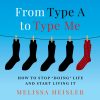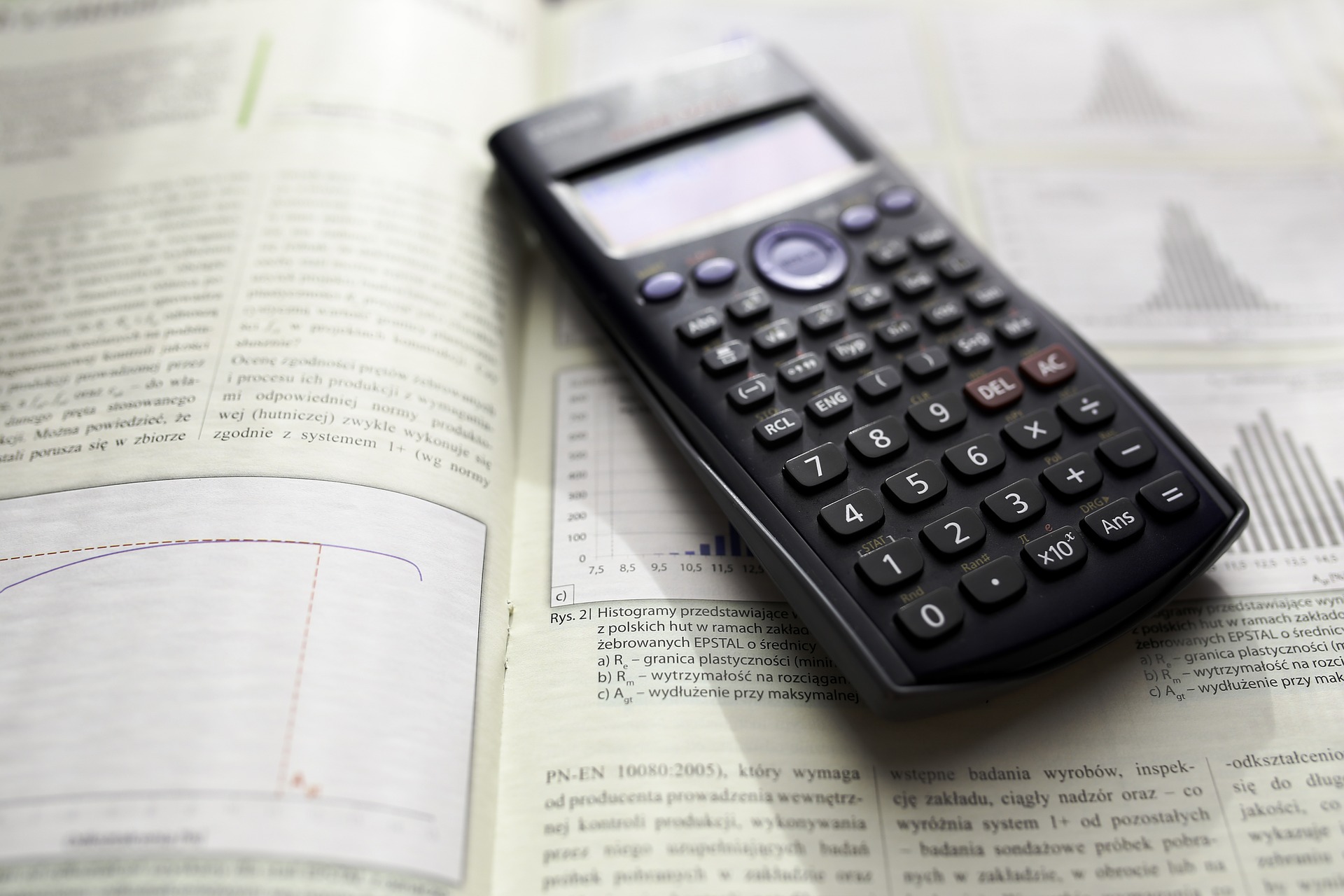Hooray for Data!
While Skyping with a client the other day, I could see her eyes roll. She had brought up an issue and I recommended that she put the data aside for a moment and check in with her gut. Her response was uncharacteristic eye roll. My client explain how she didn’t agree with some of my latest posts including Feeling into the Future which focused on using one’s intuition. She is not the only one who has voiced some disagreement over these intuition-focused posts. A repost of Feeling into the Future received this comment: It is powerful, but I’d advise caution. I’ve seen a lot of glorifying of intuition lately. There’s a difference between well-informed intuition and pure whim and wishful thinking. So many people boast about their “deep intuition” when they’re actually doing the later. A very valid point. I agree that the recent sensationalism surrounding intuition has made it easy to use our gut reaction as a justification for sometimes poor or irresponsible actions. A large difference lies between a truly deep unfiltered knowing and using a “feeling” as an excuse to take unjustified action.
 Intuition may be getting a lot of play these days because we have solely relied on reason for too long. The Age of Reason was centuries ago and as a society we still cling to science and data as perfect, immovable, unquestionable facts. Yet we all know that things we took as fact are often later disproven by new research. How many of our doctors currently smoke cigarettes during our yearly physical? Science and data are only as good as the knowledge and techniques available at that time. If something is researched poorly or with methods that do not get to the real issues, it can be unintentionally wrong. Science is also based on arbitrary definitions. Think of our old buddy Pluto who was demoted from planet then became the catalyst for the scientific community to further define the requirements needed to receive the designation of planet. Data can also easily be manipulated. As an ex-marketer, I know firsthand how data can be manipulated to show whatever we want. This is not to say that data and science is not important. My point is just that it is affected by humans who are naturally imperfect. My goal is not to discredit data but to ensure that we look at it with a critical eye.
Intuition may be getting a lot of play these days because we have solely relied on reason for too long. The Age of Reason was centuries ago and as a society we still cling to science and data as perfect, immovable, unquestionable facts. Yet we all know that things we took as fact are often later disproven by new research. How many of our doctors currently smoke cigarettes during our yearly physical? Science and data are only as good as the knowledge and techniques available at that time. If something is researched poorly or with methods that do not get to the real issues, it can be unintentionally wrong. Science is also based on arbitrary definitions. Think of our old buddy Pluto who was demoted from planet then became the catalyst for the scientific community to further define the requirements needed to receive the designation of planet. Data can also easily be manipulated. As an ex-marketer, I know firsthand how data can be manipulated to show whatever we want. This is not to say that data and science is not important. My point is just that it is affected by humans who are naturally imperfect. My goal is not to discredit data but to ensure that we look at it with a critical eye.
For me the issue is not about intuition versus reason, but between empowerment and disempowerment. We are disempowered when we put more weight into data derived by others than in our own knowing. We are disempowered when we discredit our own thoughts when they do not reflect the data. Sometimes we can cause harm when we follow science and convention versus that deep knowing that something is wrong. And sometimes we are so blinded by our own beliefs that we can not see the truth of the situation. As far as intuition and rational thought, they need to work together. We need to look at the validity of our rational thinking. We need to learn to identify true intuition versus wishful thinking. We need to know when it is best to look at the facts and when we need to check in with our own knowing.
The other day a job transition candidate who had spent a lifetime in analytical IT, expressed confusion and fear when the assessments he took told him he should be in an artistic field. Because of this data, he was angry over spending his life in the wrong field and was terrified to make a change so late in life. He was taking the assessments as fact. He thought that a series of questions could predict his profession better than he could. Assessments are wonderful guidance tools, but they are not hard cold facts. To talk this client off the ledge, I helped him release his black and white thinking about the data. “Perhaps this result means you should approach your current occupation in a more creative way, or it could mean that you should be doing what you do but in a company which serves the arts.” The data he received was just one indicator in his exploration of what’s next. By adding in more data points and also checking in with his inner knowing, the candidate was able to find his true next profession.
A place and time exists for both reason and intuition. The goal is to find your personal balance between the two.





